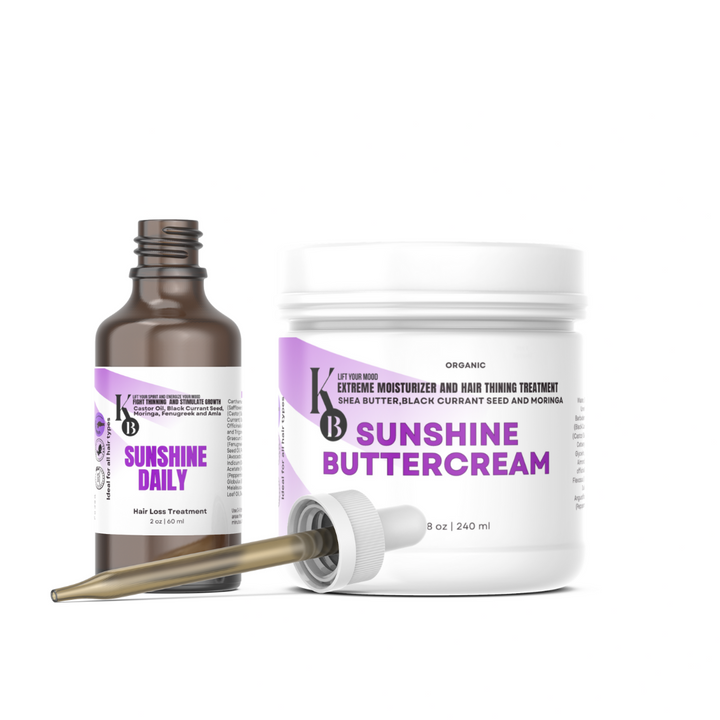Hair loss is a common issue that affects many people and can be an emotionally challenging experience. Fortunately, there are a variety of ways to address and prevent hair loss, including the use of DHT blockers. In this blog, we will discuss the role of DHT in hair loss, explore different types of DHT blockers, and present an effective hair loss prevention routine that involves the use of DHT blockers.
The hormone dihydrotestosterone (DHT) has been studied extensively for its role in hair loss. According to KD Kaufman (2002), DHT is a metabolite of testosterone and has been linked to male pattern baldness and other forms of hair loss. DHT can bind to androgen receptors in the scalp, leading to miniaturization of the hair follicles. This process can cause the hair to become thinner and weaker, ultimately leading to baldness. DHT can also interfere with the production of sebum, an oily substance secreted by the scalp that helps to keep hair moist and healthy. Without sebum, the hair can become brittle and prone to breakage. In addition, DHT also affects the growth cycle of hair, causing a decrease in the rate of hair growth. These effects of DHT can result in hair loss, making it an important factor to consider when attempting to understand and treat hair loss. Therefore, it is essential to understand the role of DHT in hair loss in order to develop effective treatments.
Recently, researchers have been exploring different types of DHT blockers for their potential to combat hair loss. K Sato, M Iemitsu, K Aizawa and colleagues conducted a study to investigate the effects of a variety of DHT blockers on hair growth in the American Journal of Physiology in 2008. The study examined the use of both topical and oral DHT blockers, and their ability to inhibit the activity of 5α-reductase, an enzyme responsible for the conversion of testosterone to the more potent androgen dihydrotestosterone (DHT). The results of the study showed that both topical and oral DHT blockers were able to inhibit 5α-reductase activity and significantly increase hair growth. Kai Blends recommend using the
Folliguard 3-4 times per week for at least 90 days. Furthermore, the researchers concluded that the use of DHT blockers is a promising treatment for androgenetic alopecia, the most common cause of hair loss in men and women. These findings demonstrate the potential for DHT blockers to effectively treat hair loss and provide further insight into the use of DHT blockers for this purpose.
The importance of adopting a hair loss prevention routine that incorporates DHT blockers is an increasingly popular topic of discussion. According to K. Harvey, a professor of Social Semiotics (2013), the use of DHT blockers can be an effective way to reduce hair loss and promote hair growth. DHT, or dihydrotestosterone, is produced in the body and is a leading cause of hair loss. By blocking DHT, it can help to reduce the amount of hair loss and even promote the growth of new hair follicles. In addition to DHT blockers, it is also important to maintain a healthy diet, exercise regularly, and reduce stress to promote better overall hair health. In conclusion, adopting a hair loss prevention routine with DHT blockers can be an effective way to reduce hair loss and promote healthy hair growth.
The use of DHT blockers can be an effective tool in preventing hair loss, but it should not be the only preventative measure one takes. In addition to using DHT blockers, it is important to maintain a healthy scalp with adequate hydration and to moisturize the scalp and hair regularly. Eating a balanced diet and avoiding certain styling techniques can also help prevent hair loss. For maximum hair loss prevention, it is important to stay informed and to consult with a qualified hair-care professional if needed.





